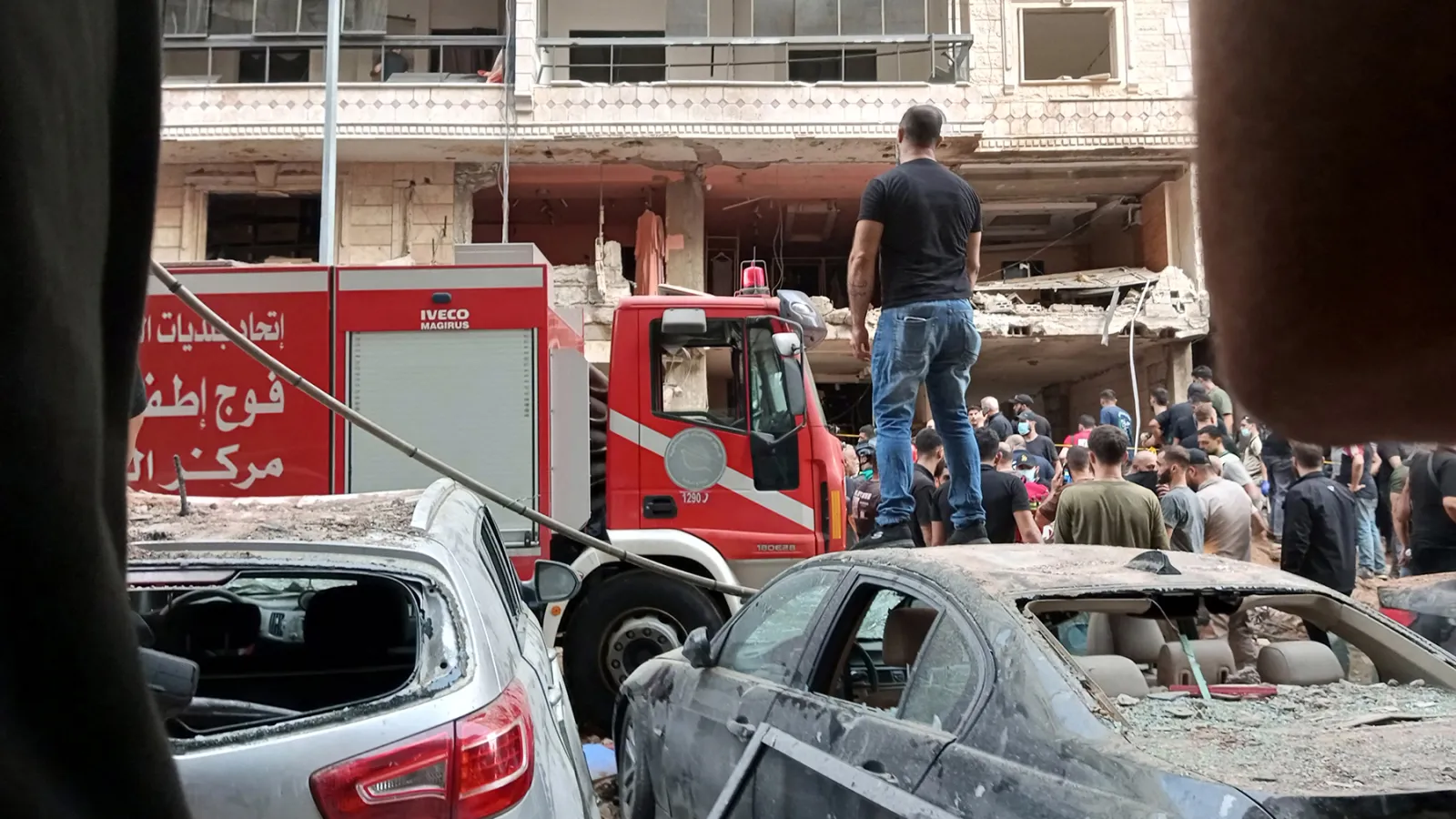Israeli Prime Minister Benjamin Netanyahu recently made a video appeal directly to the people of Lebanon, urging them to reject Hezbollah or face a level of destruction similar to what Gaza has endured. He addressed Lebanon’s Christians, Druze, and Muslims, emphasizing that Hezbollah’s actions were leading the country into a devastating conflict with Israel.
However, his message appears to have been largely ignored by many in Lebanon, as the people seem more focused on their own grievances and challenges, rather than responding to Netanyahu’s plea.
In the predominantly Sunni neighborhood of Tariq El Jdideh in Beirut, residents voiced a mix of resentment and indifference towards Netanyahu’s address. Yusuf Habbal, a local shopkeeper, said that the people of Beirut were not swayed by Netanyahu’s words.
They saw the conflict as being driven by Israeli actions, not Hezbollah’s, and were already critical of the group’s influence in Lebanon. Habbal emphasized that the people of Beirut were against Hezbollah long before Netanyahu’s appeal, pointing out that Hezbollah’s agenda was at odds with the interests of the Lebanese people.

Lebanese Citizens Ignore Netanyahu’s Call to Dismiss Hezbollah Amid Escalating Violence and Internal Strife
Meanwhile, the escalating conflict between Hezbollah and Israel has put the residents of Lebanon, especially in the north, in grave danger. Hezbollah began launching rockets into Israel in support of Hamas after the October 7 attack, leading to Israel’s expanded bombing campaign in Lebanon, including strikes on Beirut.
Many in Beirut expressed their fear of the ongoing violence, but they remain unshaken in their support for or opposition to Hezbollah, depending on their affiliation.
In the Christian area of Achrafieh, some expressed a sense of helplessness in the face of the ongoing violence. Antoine, a 75-year-old retiree, felt Netanyahu should focus on Israel’s issues and not meddle in Lebanon’s affairs.
While some agreed that Iran’s influence in Lebanon is problematic, they believed the Lebanese people themselves should find a solution. People in Achrafieh acknowledged the Israeli threat but felt powerless, given Lebanon’s fractured politics and lack of leadership.
In contrast, Hezbollah continues to have strong support in areas where it holds significant sway, particularly among the Shia communities. In Mar Elias, a Shia neighborhood, Hezbollah’s defenders were unwavering.
Fadi Ali Kiryani, a local shop owner, expressed complete loyalty to Hezbollah, stating that even if Lebanon faced destruction worse than Gaza, they would continue to support the group. For many Shia in Lebanon, Hezbollah is seen as the only force protecting them from external threats, particularly from Israel.
However, not everyone in Lebanon shares the same enthusiasm for Hezbollah. Ali Srour, a young shop owner, expressed deep frustration with the entire situation, feeling that all the major powers involved – including the Lebanese government, Iran, Israel, and even Hezbollah – were playing a game in which ordinary Lebanese people were the victims.
Many others shared his sentiment, feeling that the conflict was a complex theater in which they had no real agency, and their suffering was largely ignored by those in power.
